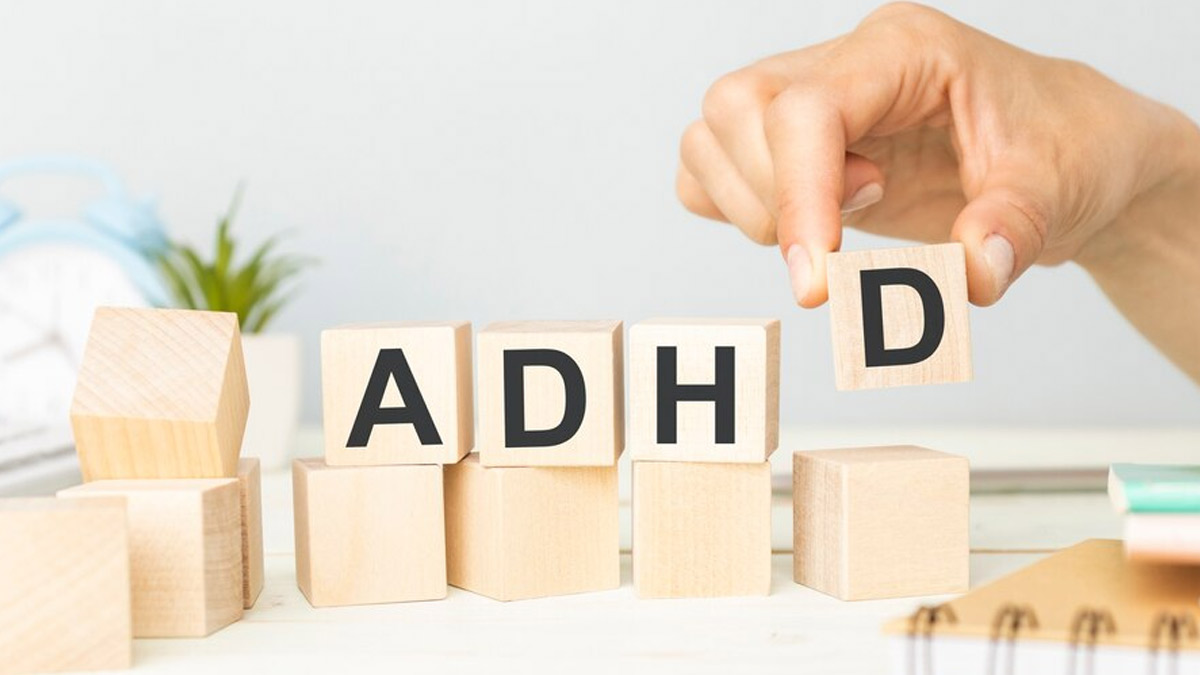
Attention Deficit Hyperactivity Disorder (ADHD) is a neurodevelopmental condition that affects people of all ages, but its impact on teenagers can be particularly challenging. One of the prominent challenges faced by adolescents with ADHD is the struggle with motivation. Understanding the reasons behind this lack of motivation can pave the way for more effective support and intervention.
Table of Content:-
Why Teens with ADHD Struggle with Motivation?
1. Neurochemical Imbalance
ADHD is often associated with imbalances in neurotransmitters, particularly dopamine and norepinephrine, which play crucial roles in regulating mood and motivation. Teens with ADHD may have difficulty maintaining consistent levels of these neurotransmitters, leading to fluctuations in motivation and attention.

2. Executive Function Deficits
Executive functions, such as planning, organisation, and task initiation, are often impaired in individuals with ADHD. These deficits make it challenging for teenagers to initiate and sustain motivation for tasks that require planning and organisation, contributing to a perceived lack of interest or effort.
Also Read: Expert Unmasks 8 Hidden Signs of Vitamin D Deficiency in Winter
3. Time Management Challenges
Teens with ADHD may struggle with estimating time and understanding the consequences of procrastination. This can lead to difficulties in prioritising tasks, making it hard for them to allocate the necessary time and effort to meet deadlines or complete assignments, ultimately affecting their motivation.

4. Difficulty with Task Persistence
Teens with ADHD may find it hard to sustain attention and effort over an extended period, impacting their ability to complete tasks that require prolonged focus. The constant need for stimulation and novelty can lead to a lack of motivation for activities that seem repetitive or less engaging.
Also Read: Expert Unmasks 8 Hidden Signs of Vitamin D Deficiency in Winter
5. Emotional Regulation
Emotional dysregulation is a common aspect of ADHD, and heightened emotional responses can interfere with motivation. Teens may become overwhelmed by frustration, anxiety, or even boredom, hindering their ability to engage in tasks that require sustained effort.

6. Negative Experiences and Low Self-Esteem
Repeated experiences of academic or social challenges can lead to a negative cycle where teens with ADHD may develop low self-esteem and a sense of learned helplessness. This negative self-perception can further diminish motivation, creating a vicious cycle that is challenging to break.
Understanding the multifaceted nature of ADHD and its impact on motivation is crucial for developing tailored strategies and support systems. Collaborative efforts involving parents, educators, and healthcare professionals can play a pivotal role in helping teenagers with ADHD overcome motivational barriers and unlock their full potential.
Also watch this video
How we keep this article up to date:
We work with experts and keep a close eye on the latest in health and wellness. Whenever there is a new research or helpful information, we update our articles with accurate and useful advice.
Current Version